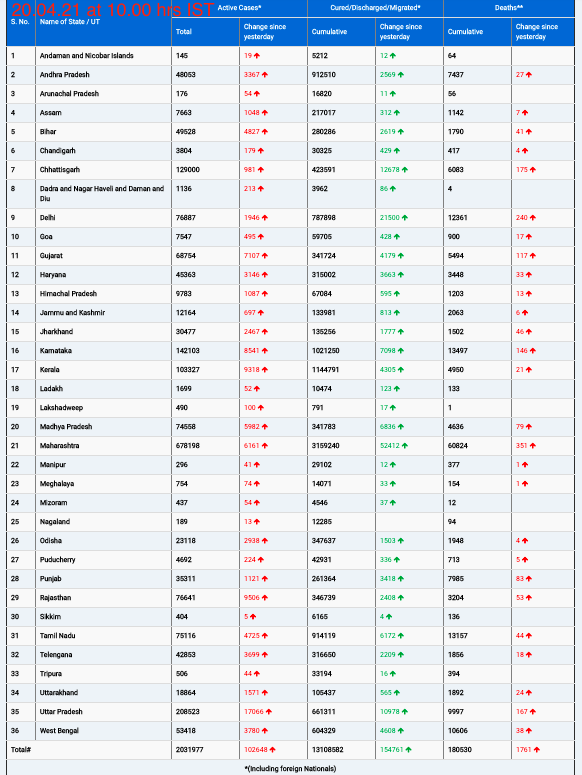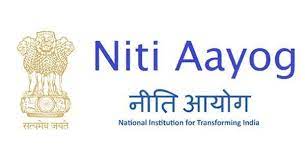Atal Innovation Mission (AIM), NITI Aayog in collaboration with UNDP, India today launched the Community Innovator Fellowship (CIF) marking the “International Day of Women & Girls in Science”.
The fellowship is developed as a pre-incubation model which will provide youth with an opportunity to establish their social enterprise focusing on Sustainable Development Goal (SDG) based solutions for solving community issues.
This is going to be a one-year-long intensive fellowship program that has been designed for aspiring community innovators irrespective of their socio-economic background. During the course of this fellowship, each fellow will be hosted at one of the AIM’s Atal Community Innovation Centres (ACICs) and shall acquire SDG awareness, entrepreneurial skills and life skills while they are working on their idea. The ASICs would nurture youth-led innovations by providing suitable resources in terms of operating facilities, co-working space, maker labs and a dynamic business network to the innovator.
Through the ACICs, the fellowship will propel the journey of an innovator from ideating to commercialising via a focused one-year model. The CIF Program will focus on facilitating knowledge and capacity building among aspiring community innovators essential to their entrepreneurship journey. This is one of the ways with which AIM shall try and achieve participation of youth in mainstreaming social enterprise as a culture in the start-up ecosystem as well as promoting womenpreneurs from different regions in India.
Addressing the launch event Vice-Chairman NITI Aayog Dr. Rajiv Kumar said, “This fellowship is a year-long program that aims to provide young community innovators necessary infrastructure and knowledge building in their entrepreneurial journey. This is a propelling initiative to harness the creativity and the innovation potential that grassroots of India hold,”
He added that all the stakeholders must come together to make this fellowship a great success as it would require a lot of passion and enthusiasm.
Launching the CIF CEO NITI Aayog Amitabh Kant said, “Creating a pre-incubation space for young and energetic innovators is a very important step in building vibrant, inspiring solutions for community problems. This fellowship is an ingenious way to engage the young change-makers as well as various other stakeholders in the community innovation ecosystem in building holistic and inclusive innovations.”
Adding to the thought of engagement with different stakeholders in the innovation ecosystem through this fellowship, UNDP Resident Representative in India Shoko Noda said, “Through this fellowship initiative, we are inviting the youth to find their own solutions to create enterprises that become sustainable business models. AIM and UNDP are determined to work together with government, civil society and private sector to make this happen.”
Emphasizing the need for a pre-incubation model that can support community-centric innovation in the small towns and villages of the country, Mission Director Atal Innovation Mission NITI Aayog Dr. Chintan Vaishnav said, “The fellowship is a convergence of all the elements – values, interventions and stakeholders – that facilitates in building a sustainable community innovation ecosystem. Young innovators have a great opportunity through this fellowship to learn, engage and create an impact in the community and nation at large.”
With the aim to bring out innovations by, for, with and in the community, the fellowship and Operations Manual are expected to motivate thinking beyond and designing novel solutions for the sustainable transformation of communities by targeting Sustainable Development Goals (SGDs), he added.
Further, AIM also released the Operations Manual for establishing an ACIC ecosystem. The manual is a knowledge and capacity-building framework, which shall support the foundational and operational functioning of an ACIC. The manual focuses on the creation of pillars that play an important role in designing and establishing a support system to develop a holistic innovation ecosystem.
ACICs have been established with a focus to develop the start-up and innovation ecosystem in the underserved regions of the country. Currently, there are 12 ACICs across 9 states in the country and the target is to establish 50 such centres in the country.












